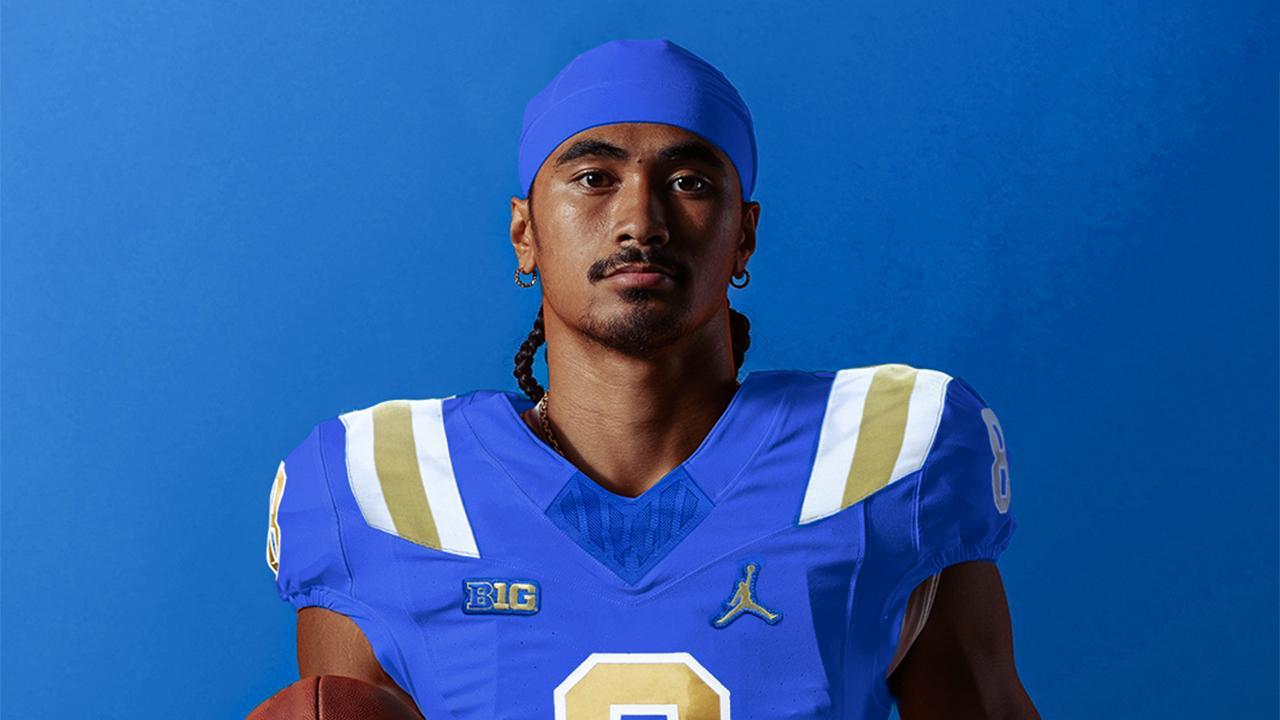Even though he's still only 36, Pat Fitzgerald has already coached five seasons in the Big Ten. The former two-time Big Ten Defensive Player of the Year (and two-time Bronko Nagurski winner) has taken the Northwestern Wildcats to bowls the past three seasons. "Fitz" was quick to point out Northwestern has actually won three Big Ten titles since 1995, trailing only Ohio State and Michigan in the conference. Not bad for a program that seems to annually sign a recruiting class loaded with nothing but two- and three-star prospects. Fitzgerald can boast having the team with the highest APR (Academic Progress Rate) in college football. We sat down and talked about what has gone into producing such eye-catching academic results, how the Wildcats recruit and why the former All-American didn't make it in the NFL.
Q: How do you explain having the highest APR in the FBS?
Fitzgerald: It starts with the type of people we recruit. It always starts there. They understand the value of a school like Northwestern. They're motivated intrinsically to get the degree, and when you've got that you have a chance to put the points together, eligibility and retention, and we try to recruit guys that fit our program so we don't have a lot of attrition, if any. Internally, we do have a great academic support system, and the quarter system academically helps also. You've got three chances instead of just two semesters; you have three quarters, which I think is a big advantage for us.
Q: How does that quarter system benefit your players academically?
Fitz: First of all, we're gonna play three football games without us taking a class every year.
We also structure our practices a little differently. We're in meetings at 6:45 a.m. and done by 10:45. We get up and go. We've been doing it that way for five years. I researched it a bit. We were getting squeezed with guys butting their classes up right up against our meetings so they would be here in attendance, but they wouldn't be here mentally. We also had quite a few guys going to graduate school and many of them had night classes, so we were losing some of our upperclassmen to grad school. We had all of these guys either missing meetings or practice. We had to find a time. We got together with our AD and our academic support and we worked it out.
We do have some freshmen that have to take 10 a.m. classes. Typically, those guys are pre-med or on an engineering track. We're probably going to redshirt them anyway so they can get off on the right foot academically.
Q: Do you worry about their body clocks since they're not playing games early in the morning on Saturdays?
Fitz: Yeah, but we play a lot of games in the Big Ten in the morning so don't worry about it from a standpoint, "Hey, we have to practice at 3 all week long because we're playing at 3." But we wanted to get them in a routine we could stick with all season long. Outside of two-a-day camp, we got mornings all year. We go morning in the season, mornings in the spring and mornings in the summer.
We've been doing it this way for five years, and it's worked out very well for a number of reasons.
Q: In what other ways do you think having the morning practices is beneficial academically?
Fitz: If you didn't have practice until the afternoon, a kid who is not motivated might sleep through the 9 a.m. or 10 a.m. class or breakfast, but he is not going to sleep through football. We get them first and we make sure they are where they're supposed to be.
Q: Do you check classes or do a lot of monitoring to make sure your players are showing up?
Fitz: Very rarely will we check a class. I'll do it in the fall quarter just to reinforce that they know that No. 1 class attendance is mandatory. But then maybe we'll do it on a case-by-case basis. If we feel like a guy has underachieved, hasn't done the right things or has lied to himself and hasn't gone to class, we're going to hold him accountable. But our professors do an unbelievable job of communicating with our academic support. The flexibility of being at a smaller school allows us to have a broad-based group of guys with diverse majors. Guys are finding what they enjoy. We have small class size. It's only 7-1 student-faculty ratio, which makes it very conducive to academic success.
Q: When you took over as the head coach, what did you want to change about the life of the Northwestern player?
Fitz: I wanted a little more consistency in their daily routine. They know exactly when their free time is. The No. 1 commodity every college football player has is sleep. He is going to get his sleep. I'm not worried about that. We're probably the No.1-ranked napping team in the country. They do a good job of handling their business. They get their rest. But they have some normalcy, too, because they're not going to study skills and library at 9 p.m. at night after going to class all day and then practice in between. This way they can go at a normal hour to get done what they need to get done.
Q: How much pride does your team take in that distinction of having the No. 1 APR in the country in college football?




